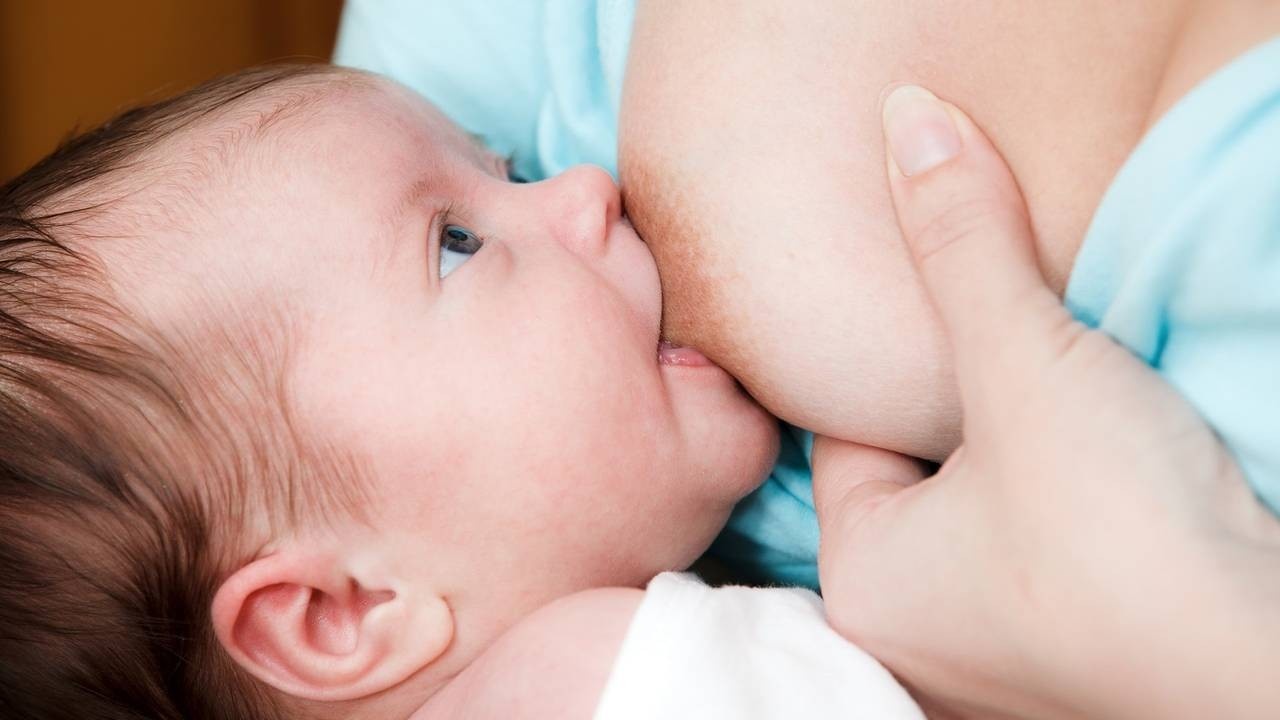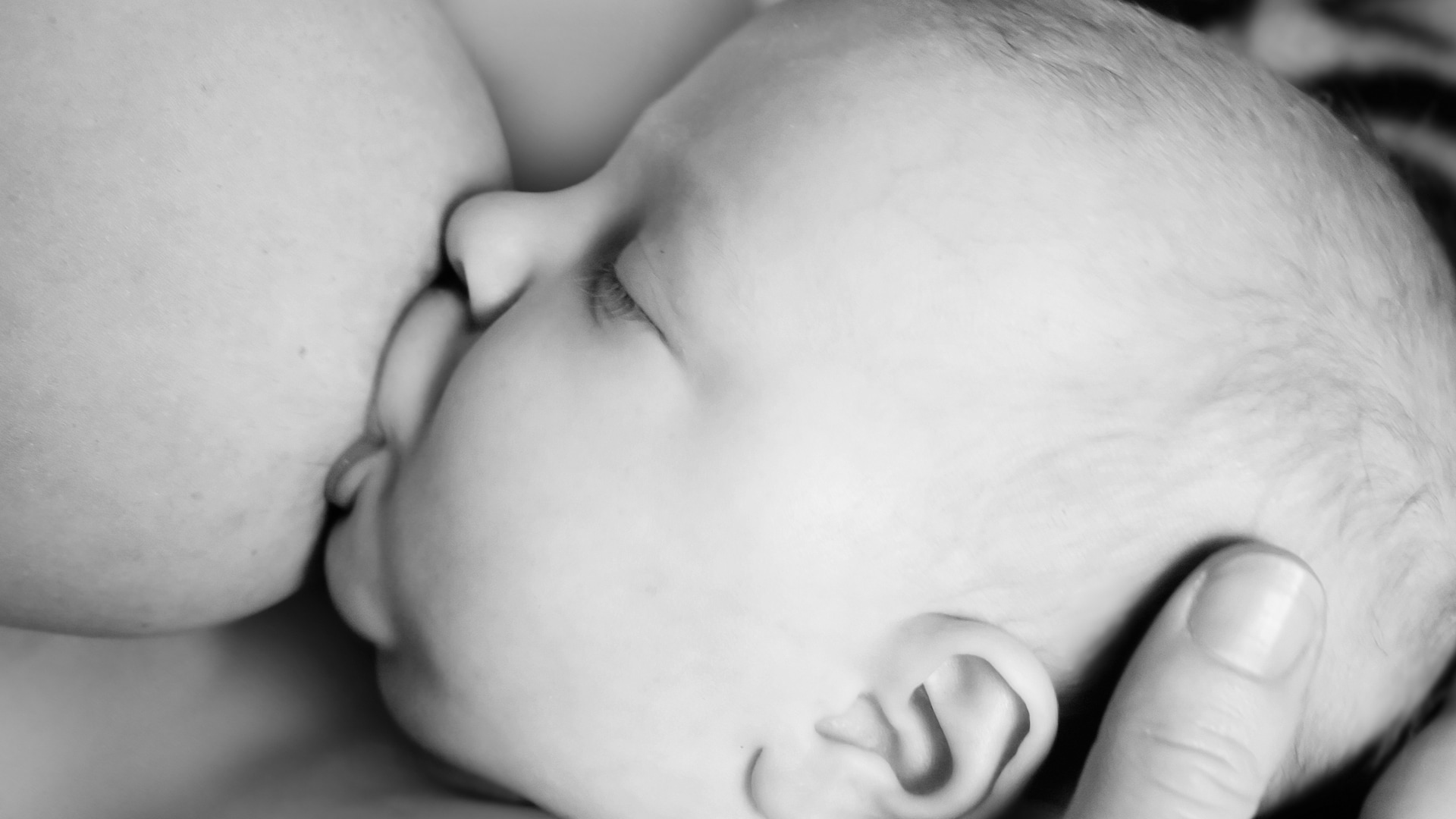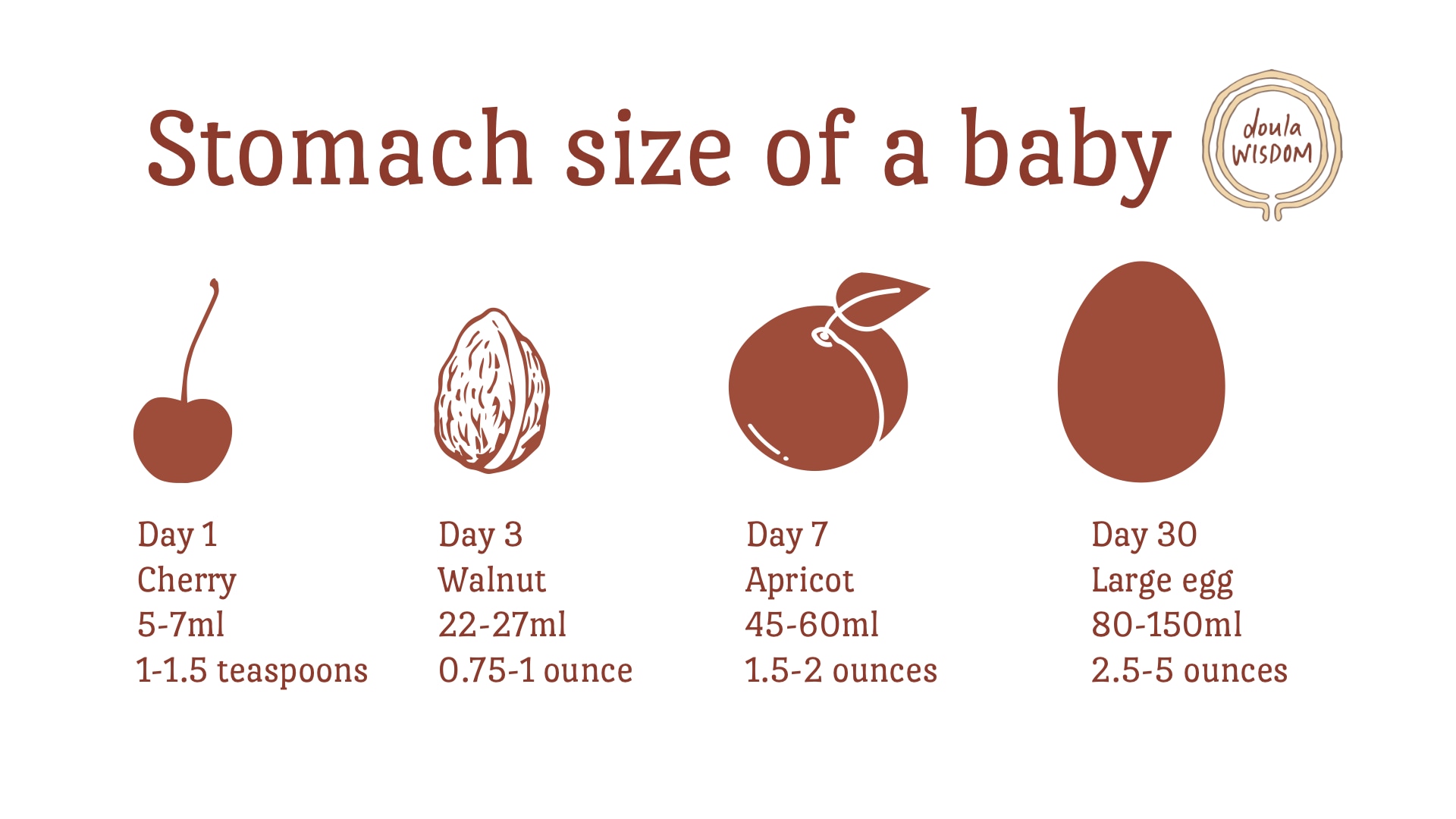Answers to common breastfeeding questions

What are the benefits of breastfeeding?
There are so many! Breastfeeding provides ideal nutrition for babies and significantly improves short and long term health. It is well documented that human milk is superior to all the substitutes.
Breastfeeding improves immunity, helps protect against illness and diseases and also comforts and soothes and helps with bonding. Babies that have been breastfed have higher IQ scores and better oral development than formula-fed babies.
There are also numerous benefits for the mother including reduced postpartum bleeding, reduced risk of cancers (breast, ovarian and endometrial), reduced risk of postpartum depression and better bonding for mother and baby.

How do you know if baby is latched correctly?
Many people want to know how they can reduce nipple soreness and make sure that baby is getting enough milk. This has to do with the attachment of baby to the breast.
When bringing baby to the breast, it’s important to line the nipple up with the baby’s nose, make sure their chin is touching the breast first and that they have a wide open mouth and deep latch. If well attached you will hopefully notice that it feels good and that you can hear or see baby swallowing milk. Your breasts will often feel softer after a good feed.
Some nipple tenderness/sensitivity may be normal early on, but if it continues to hurt, seek the help of a lactation counsellor or lactation consultant to learn how to better attach baby. The nipple should not looked squashed or pinched at the end of the feed. This is a sign of a poor attachment.

What can help ease engorgement in the early days?
Engorgement (swelling of the breasts) is common in the first days after birth. It subsides as your body adjusts to how much milk to make. The most important thing to do is frequently remove milk. This effective milk removal will help reduce swelling and pain. It’s a good idea to learn how to hand express for comfort and offer baby the breast whenever they show an interest.
How often should a newborn be feeding?
A newborn’s belly is very small so they need to feed very frequently. This stimulation helps you build up your milk supply too. It’s good to feed on demand whenever baby shows signs of being hungry. It is usually a minimum of every 2-3 hours (8-12+ times every 24 hours). In many developing nations, baby’s are more frequently kept on the parent’s body and fed whenever baby shows the slightest cue of being hungry or unsettled. This could be up to 15-20 times a day (sometimes for only a few minutes at a time).

How long should baby feed for?
Sometimes babies just want to breastfeed for comfort and soothing. Other times they will be feeding to satisfy hunger. A good way to tell if baby has had enough milk is when their fists relax, they are content, look ‘milk drunk’ and they become sleepy. Allowing your baby to suckle for as long as they like will help increase breastfeeding success. As babies get older they become very efficient at feeding and may be finished within a few minutes. There is no right or wrong amount of time to feed for. You can expect around 6+ wet nappies and 3+ poo nappies every 24 hours. This is a very helpful indicator that baby is getting enough milk.
Do you want to feel more confident about birth?
Download the free natural birth checklist!
It has practical tips and natural suggestions for the three stages of labor, a packing list for birth, pictures of useful labour positions and helpful hints for partners.


